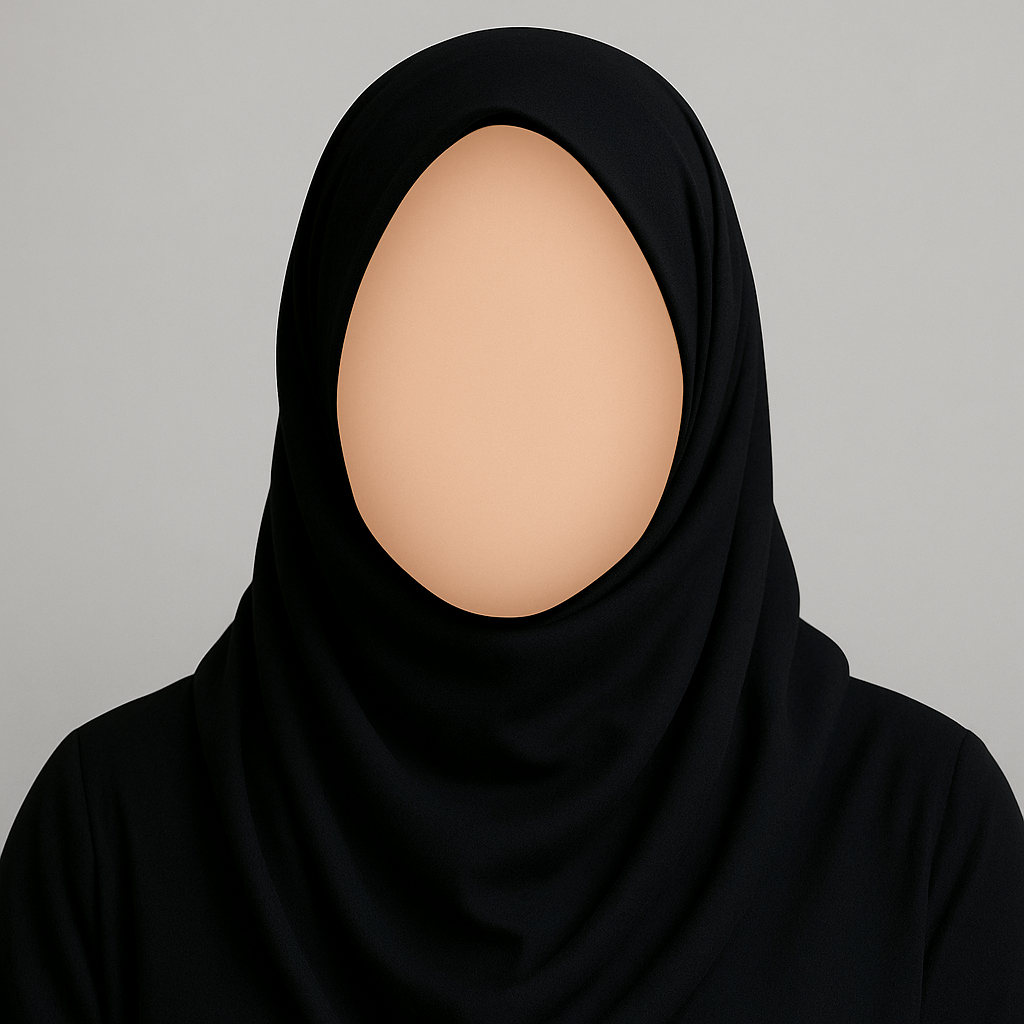THE BEACON OF MODESTY

In the Name of Allāh.
In a world increasingly dominated by immodesty, where temptation lies around every corner and the definition of chastity seems distorted, a Muslim woman must remain resolute, acting as a pillar of virtue and faith. Just as Muslim men are commanded to lower their gaze and steer clear of forbidden actions, Muslim women are given the same directive. Allāh states: “And tell the believing women to lower their gaze (from looking at forbidden things) and protect their private parts (from illegal sexual acts, etc.).” [Sūrah An-Nūr (24): 31]
Islām, our Deen, is fundamentally a religion of modesty, leaving no space for any form of immorality. Abū Hurayrah (Raḍiyallāhu ‘Anhu) narrated that the Messenger of Allāh (ﷺ) said: “Modesty is part of faith and faith is in Paradise. Shamelessness is part of immodesty and immodesty is in the Hellfire.” [Sunan At-Tirmidhī 2009] This Ḥadīth serves as a powerful reminder that the righteous path is challenging, a continuous journey marked by vigilance, discipline, unwavering devotion, and steadfast faith. It also acts as a warning, urging us to steer clear of immorality and to shield ourselves from the allure of illicit desires.
Consequently, we are instructed to refrain from fornication, adultery, homosexuality, lesbianism, indecent dressing, or the exposure of our private parts to others. However, I question what leads some Muslim women to believe that it is permissible to view another woman’s nakedness, except in necessary cases involving a female doctor or nurse assisting a patient in critical conditions, such as childbirth, surgery, or other medical needs. Even then, during such instances of necessity, a female doctor should only observe the specific area needing treatment.
Abū Sa’id al-Khudri reported: The Messenger of Allāh (ﷺ) said, “A man should not look at the nakedness of another man, and a woman should not look at the nakedness of another woman. A man should not lie with another man under a single blanket, and a woman should not lie with another woman under a single blanket.” [Ṣaḥīḥ Muslim 338]
Based on this Ḥadīth, lesbianism is feared for two women sharing a blanket, as it may result in physical intimacy. Please refrain from quoting “actions are judged according to intention” as a defense here, as I would also assert that avoidance is preferable; we should not provide Shayṭān any opportunity to lead us astray, thus becoming blameworthy.
Dear Muslim women, we bear the responsibility of modesty, acting as a bulwark against the overwhelming tide of indecency and moral decay. We must safeguard our chastity by averting our gaze from provocative and forbidden imagery, much of which is now easily accessible through social media.
We must navigate this challenging landscape with wisdom, prudence, and the guidance provided by the Qur’ān and the teachings of the Prophet (ﷺ). We must resist the enticement of shamelessness, the slippery slope toward immorality, and the corrupting effects of the forbidden. Yes, we must avoid falling prey to Shayṭān’s temptations by ensuring that our eyes do not stray where they should not. Through the protection of our eyes and hearts, we gather the strength needed to resist worldly temptations, stand firm in our faith, and shine as beacons of righteousness amid a world gone astray.
I beseech Allāh to shield us from the evils that surround us, the traps of immorality, and the whispers of temptation. Aameen.
Picture Credit: Google Image



